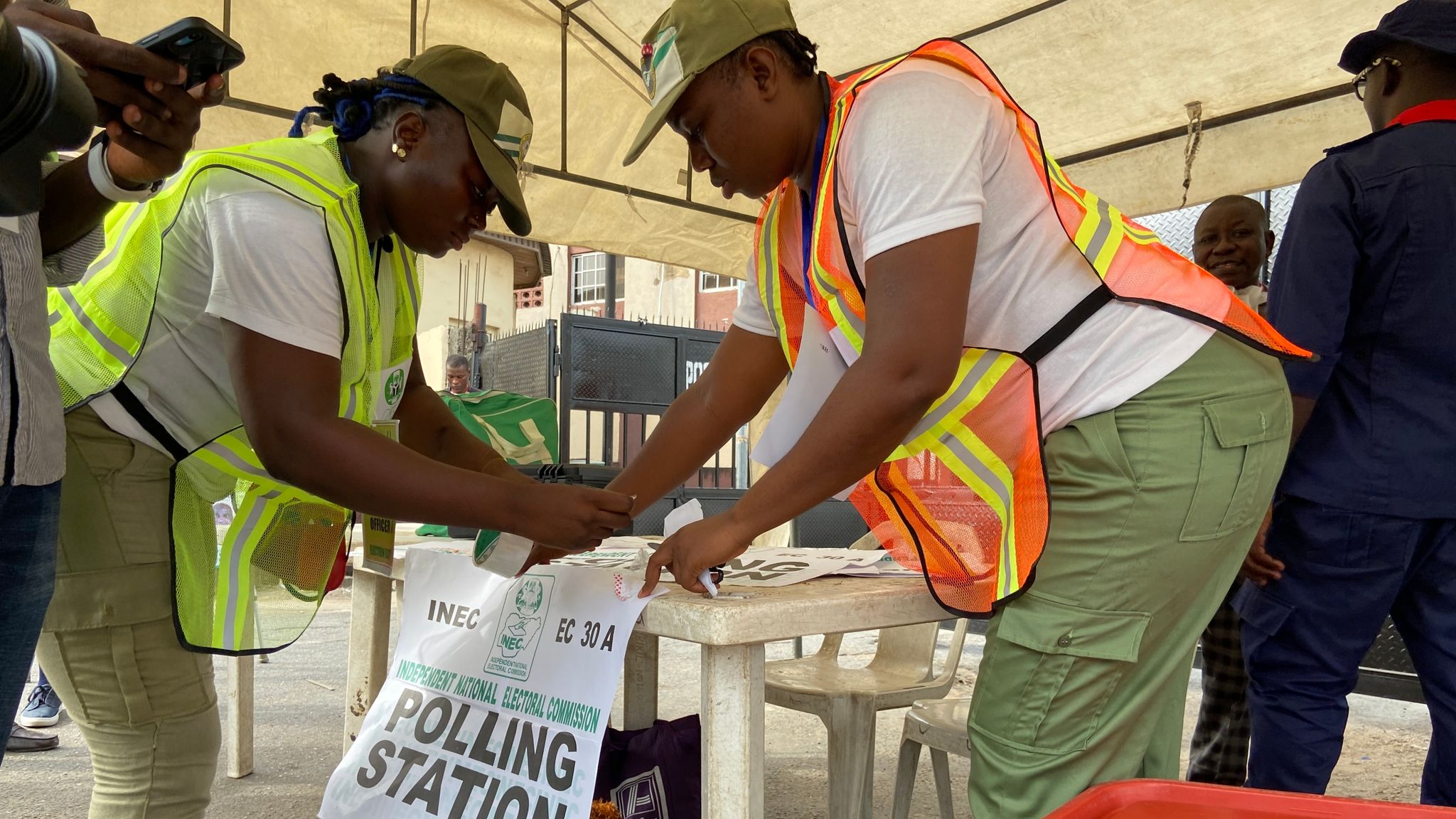PEOPLE & POLITICS

NIGERIANS CALL FOR ELECTORAL INTEGRITY AND ZERO TOLERANCE FOR VOTE BUYING
As the National Assembly undertakes another round of constitutional review, Nigerians across the six geopolitical zones have made clear demands for meaningful reforms, particularly in electoral processes, governance structure, and resource control.
At public hearings held nationwide, citizens and stakeholders called for electoral reforms that ensure votes truly count and reflect the people’s will. Key suggestions included the use of electronic voting and transmission, regional management of elections, and the autonomy of the Independent National Electoral Commission (INEC). There were also calls to criminalize vote-buying and ensure easier voter registration.
Participants advocated for state police and decentralization of the Nigerian Police Force to address worsening insecurity. Many argued that regional and local authorities are better equipped to manage security in their areas due to their familiarity with the terrain and communities.
In terms of governance, there was strong support for fiscal federalism and restructuring. Stakeholders urged a return to the regional system, where regions have control over internal governance, resource management, and the creation of states or provinces within their territories. The current centralised power structure was described as outdated and inefficient.
Calls for resource control were particularly vocal from groups in the Niger Delta, including the Movement for the Survival of Ogoni People (MOSOP), who demanded ownership of local resources and compensation for environmental degradation. Leaders insisted that host communities should benefit directly from natural wealth and contribute an agreed percentage to the federal government.
Legal experts and academics emphasized the need for a new federal constitution to replace the current one, which they described as overly amended and imposed by the military. Proposals included the removal of items like minerals and policing from the Exclusive Legislative List and giving states more legislative and financial autonomy.
Other prominent demands included the creation of new states—especially in underserved regions such as the South East—and reforms allowing state assemblies to create and fund local governments. Several speakers also pushed for improved gender representation, judicial independence, and the removal of immunity clauses for public officeholders.
While skepticism remains about the outcome of this latest constitutional review, Nigerians from diverse backgrounds insist that substantial changes—especially in electoral transparency, state policing, and fiscal restructuring—are essential for national stability, unity, and democratic progress.
"This represents a significant development in our ongoing coverage of current events."— Editorial Board









